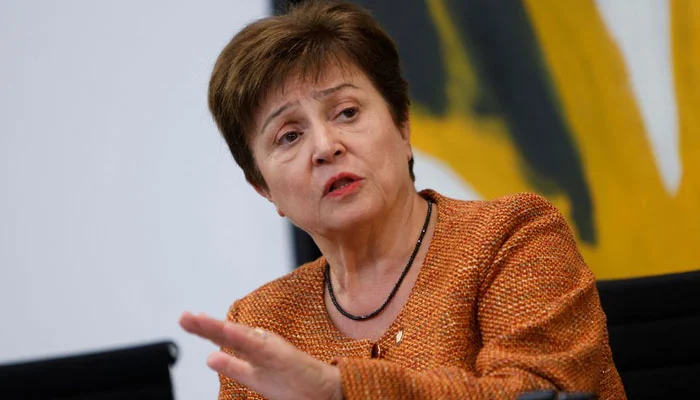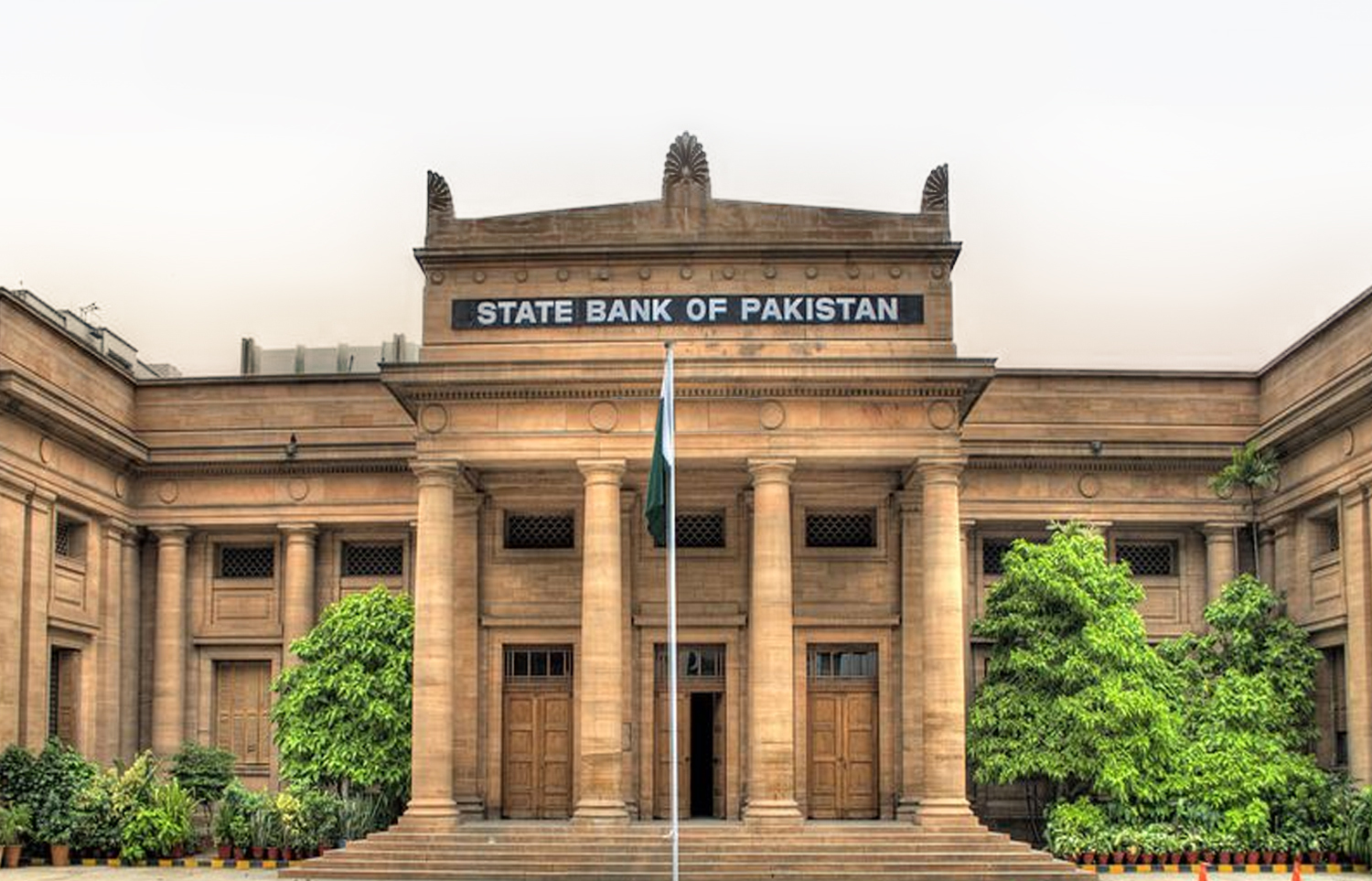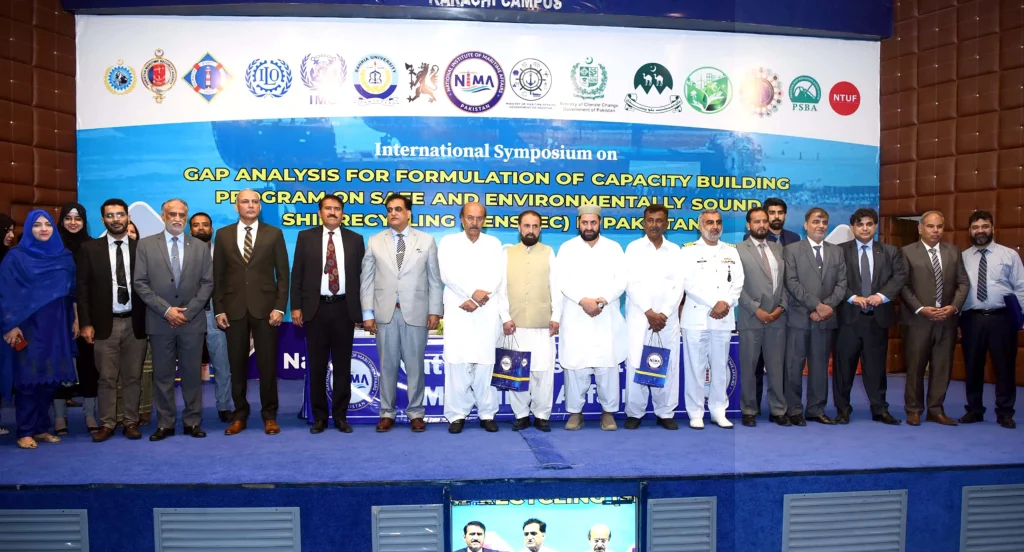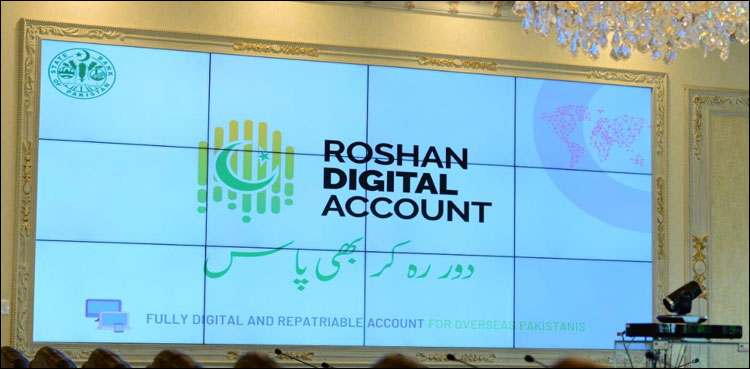Business
Economy faces tougher year in 2023, warns IMF
-

 Latest News3 days ago
Latest News3 days agoThe IHC defers making a ruling on cases involving the same complaint against Sheikh Rashid.
-
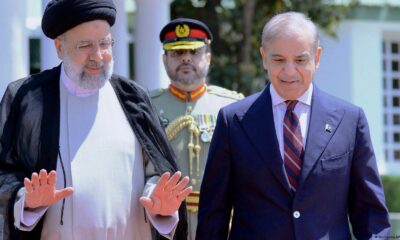
 Latest News3 days ago
Latest News3 days agoIran and Pakistan will cooperate on energy projects, such as the IP Gas Pipeline
-

 Latest News3 days ago
Latest News3 days agoThe Lahore High Court Chief Justice has referred Fawad’s request for an extension of protective bail to a division bench.
-
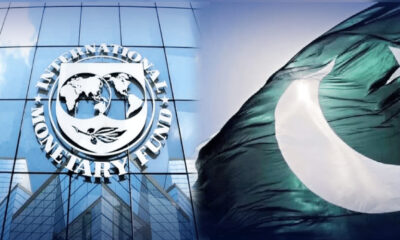
 Business2 days ago
Business2 days agoThe IMF executive board will meet on April 29 to discuss the release of $1.1 billion to Pakistan, according to the report.
-

 Latest News3 days ago
Latest News3 days agoThe Prime Minister extends an invitation to Australian companies to collaborate and exchange knowledge with Pakistani enterprises.
-

 Latest News3 days ago
Latest News3 days agoOn a day-long visit, Prime Minister Shehbaz Sharif arrives in Karachi.
-

 Latest News3 days ago
Latest News3 days agoWhen the DPO’s car flipped close to Quetta, three police officers were hurt.
-

 Latest News3 days ago
Latest News3 days agoThe government promised to impose minimum salaries, NA reported.

